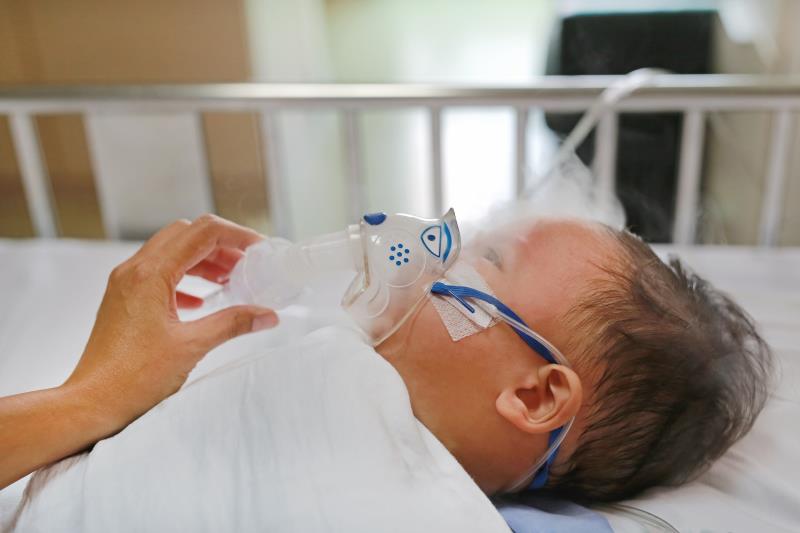
Neurodevelopmental impairment (NDI) appears to be relatively rare among children with moderate-to-severe bronchopulmonary dysplasia (BPD), but the risk is higher for those with low birth weight and with longer hospital stays, a recent study has found.
Researchers conducted a retrospective observational cohort study of 151 children (mean gestational age, 25±2 weeks) with moderate-to-severe BPD. NDI was defined as cerebral palsy or scoring <80 on at least one composite score of the Bayley Scales of Infant Development (BSID).
More than half (56 percent; n=84) of the participants failed to meet the criteria for NDI. BSID composite scores in these patients were consistently higher than those with NDIs. Most baseline factors, including gestational age, Apgar scores and the presence of intraventricular haemorrhage, did not differ between NDI groups.
On the other hand, those with NDI were significantly lighter at birth (694 vs 777 g; p=0.004) and had longer hospital stays for BPD (137 vs 100 days; p<0.001). There were also significantly more NDI patients who were on positive pressure at 36 weeks postmenstrual age than their comparators without NDI (66 percent vs 43 percent; p=0.006).
Logistic regression modelling confirmed the roles of birth weight and length of hospital stay in NDI. For instance, every 100-g increase in birth weight cut the risk of NDI by 35 percent (odds ratio [OR], 0.65, 95 percent confidence interval [CI], 0.45–0.92; p=0.016), while each additional day in the hospital increased risk by 1.3 percent (OR, 1.013, 95 percent CI, 1.003–1.024; p=0.01).